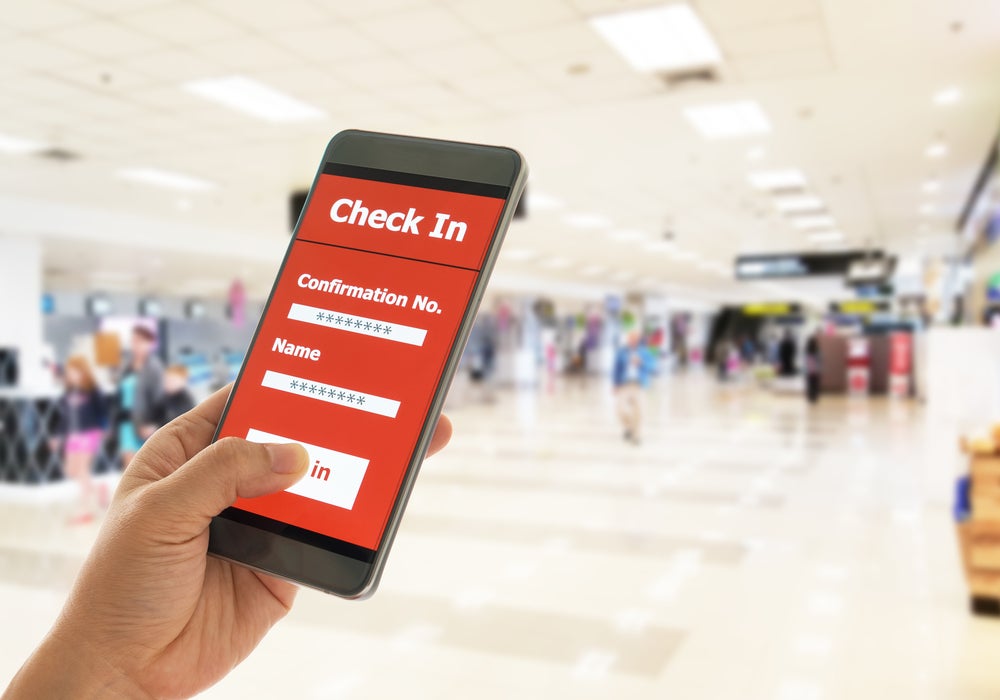Airlines are grappling with higher fuel prices, while hotels and tour operators are experiencing surging costs across the board due to inflation. This inflationary pressure not only increases the cost of doing business but also affects financial planning and investment decisions within the sector.
As inflation reduces consumer purchasing power, travellers are adjusting their habits. Many are opting for shorter trips, domestic destinations or budget accommodation to manage their expenses. This shift in behaviour is particularly pronounced in the leisure and budget travel segments, where price sensitivity is higher. Businesses in the travel sector often consider raising prices to cope with rising costs, but this can lead to reduced demand, especially among price-sensitive customers. The challenge lies in finding a balance between maintaining profitability and keeping prices attractive to consumers. Tightened margins due to stagnant room rates further complicate this issue.
The industry is also facing significant challenges related to talent management. The competition for skilled labour has intensified, with many hospitality workers changing careers during the Covid-19 pandemic, leading to a staff supply shortage. This shortage complicates staffing and operational efficiency, exacerbating the challenges posed by rising costs.
High inflation and rising interest rates deter investment in tourism infrastructure, which is crucial for long-term growth. The increased costs of materials and labour make it difficult for businesses to invest in large-scale projects, hampering the overall development of the sector.
How can IoT reduce costs for travel and tourism companies?
GlobalData’s Strategic Intelligence report on IoT in travel and tourism details how IoT can greatly assist in reducing costs for companies. For example, many IoT applications improve energy efficiency, thus reducing operational costs. Another more innovative use of IoT to reduce costs is by deploying it to track key assets at airports, lodgings and tourist sites.
In this way, real-time data can be gathered and analysed, and predictive maintenance can be put in place to repair any damage early or prevent prolonged shutdowns, saving both current and future costs.
Beyond improving efficiency and reducing costs, IoT can also improve customer experience – essential at a time when travellers are more cautious spenders. IoT can gather higher volumes of rich data on consumer behaviour patterns to deliver more personalised services and products for travellers. For example, hotels using smart thermostats can store information on the ideal temperatures of specific customers and have this setting ready for their next arrival. These small, personalised services go a long way for many customers, especially in the luxury market where attention to detail is highly valued.
To target consumers more broadly, the data gathered by IoT devices can be stored by companies and used to create targeted and personalised marketing campaigns for them. The marketing strategies of travel and tourism companies are crucial, especially in a sector where competition is tight.






